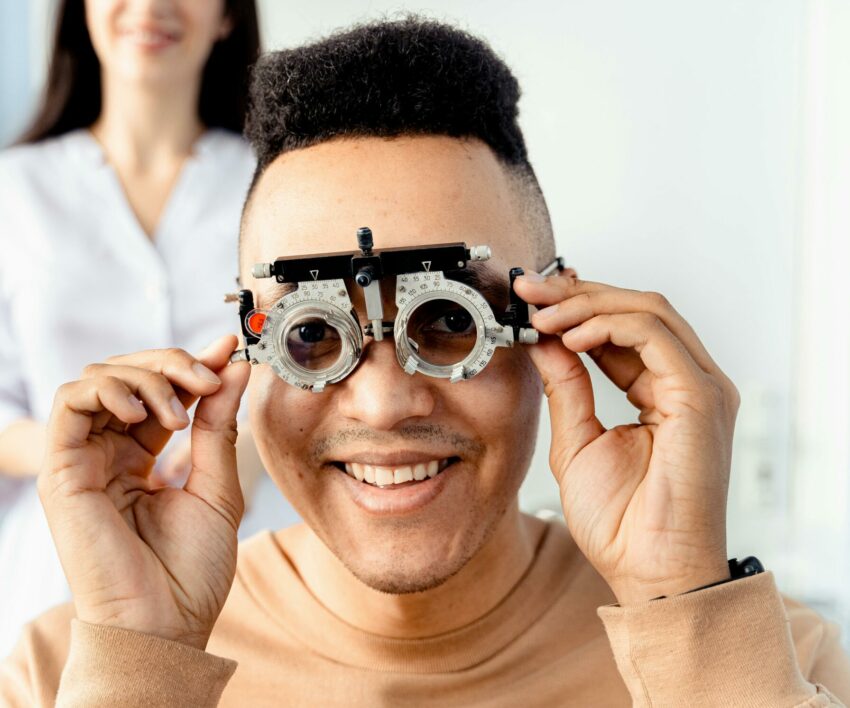
Individuals with eyesight problems often need help enhancing their vision right? Whether they are short or long-sighted, their eyes are not strong enough to let them see clearly, therefore they would either go for glasses or contact lenses.
Most people would prefer to go for glasses because they are much cheaper, and some prefer contacts for other reasons, but which option is actually the best for you? Different health publications explain further:
All About Vision states that it is not a matter of which one is better than the other as they both have their advantages and disadvantages. “Whether you choose to wear eyeglasses or contact lenses for vision correction mostly depends on personal preferences. Lifestyle, comfort, convenience, budget and aesthetics should all factor into your decision-making process.”
Glasses
Pros
According to Medical News Today, these are the advantages of wearing glasses:
- Quick, easy, and affordable
- Reduce the risk of eye infections due to no need to touch your eyes.
- Variety of frame options and styles.
- Require less care and cleaning than contact lenses.
- Prescription sunglasses protect against harmful UV rays.
- Protective coatings prevent eye strain while working with computers.
Cons
All About Vision mentions the following as the disadvantages of glasses:
- Eyeglasses sit 12mm from the eyes, causing peripheral vision distortion.
- Initial use or prescription changes can cause difficulty focusing and blurry vision.
- Some individuals find glasses detract from their facial aesthetics or hide features.
- Strong prescriptions may result in thick, unappealing lens edges or unnaturally magnified eyes.
- Some frames can exert constant pressure on the nose and ears, leading to headaches and discomfort.
Contact lenses
Pros
These are benefits to having contacts according to Warby Parker Eyewear:
- Provide a natural field of vision due to their placement on the eye surface.
- Allows freedom of movement during activities and sports.
- Doesn’t stand out on the face, allowing for flawless matching ensembles and expert eye makeup application.
- Allows for eye colour customization with bold and subtle hues.
- Enables wearing non-prescription sunglasses, eliminating the need for prescription sunglasses.
- Loss or replacement of contact lenses is less costly than glasses.
Cons
The Cleveland Clinic declares these as the cons to using contact lenses:
- Eye infection risks, with daily disposable lenses being the least risky.
- Contact lenses require daily cleaning and storage, which may not be suitable for some lifestyles.
- They may require you to touch your eyes, which may be uncomfortable.
- Lens rotation can blur your vision, especially for those with astigmatism.
- Some individuals may experience eye dryness and irritation while wearing contacts.
Also see: How to protect your eyes from blue light




